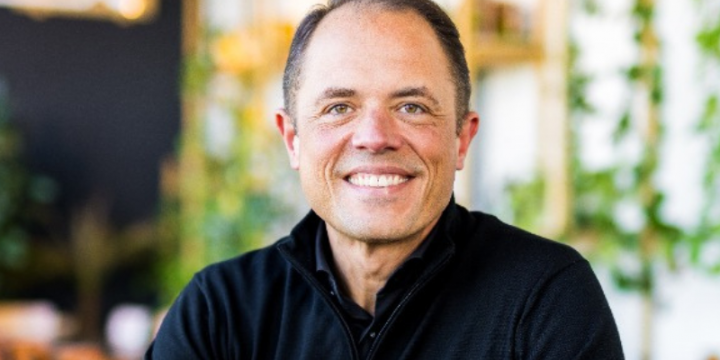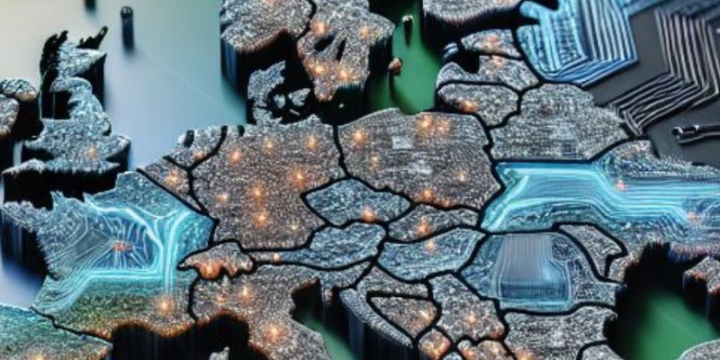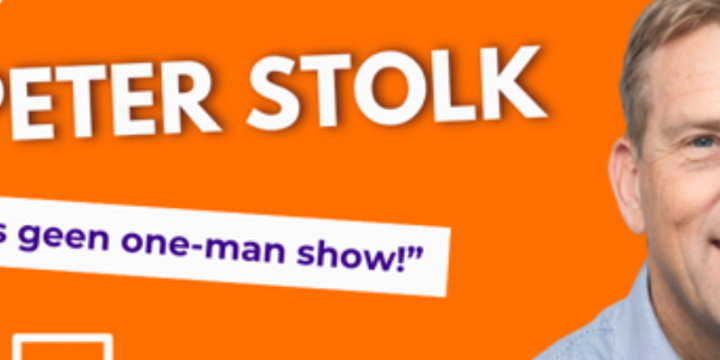The Netherlands and France are strengthening cooperation in the field of digitalization, key technologies and sustainability of the industry. This is laid down in a 'Pact for Innovation and Sustainable Growth', which was signed by the Dutch ministers Micky Adriaansens (Economic Affairs and Climate), Liesje Schreinemacher (Foreign Trade and Development Cooperation), the French minister Roland Lescure (Industry) and the chairmen from both entrepreneurial umbrella organizations Ingrid Thijssen (VNO-NCW) and Geoffroy Roux de Bézieux (MEDEF).
The pact was signed during the state visit of French President Emmanuel Macron to the Netherlands. This involves more public-private collaboration between Dutch and French companies, knowledge institutions and governments in the areas of, for example, semiconductors, quantum, critical raw materials, sustainable mobility and energy infrastructure. In this way, both countries can remain at the forefront in economic and scientific fields. It is the further elaboration of agreements between both governments from 2021 and 2022.
Key technologies for innovation and digitalization
Both the Netherlands (mission-driven top sectors and innovation policy including the National Growth Fund) and France (France 2030 Plan) focus on innovation and sustainability as answers to many challenges such as raw material scarcity, digitalization, sustainability and safety. In addition to being the basis for growth, this is also necessary to become less economically dependent on countries outside the EU, for example. The two countries are now leaders in the field of semiconductors such as the development and production of chips (machines) and technologies such as photonics. Brainport Eindhoven and the Grenoble region have therefore agreed to collaborate more and exchange knowledge. In the field of quantum technology, both countries are joining forces by investing in the exchange of knowledge and researchers as well as coaching and financing startups.
Making industry and energy infrastructure more sustainable
Reducing CO2 emissions by industry, focusing on sustainable energy infrastructure (solar, wind, hydrogen) including storage for a more flexible energy system, reducing dependence on critical raw materials and semi-finished products are other areas in which both countries are intensifying cooperation. For example, knowledge institutes TNO (Netherlands) and CEA (France) today agreed to strengthen their strategic cooperation, especially in the field of energy. For example, by contributing knowledge to the development of a new solar panel (PV) industry in Europe and strengthening the hydrogen strategies of both countries.





